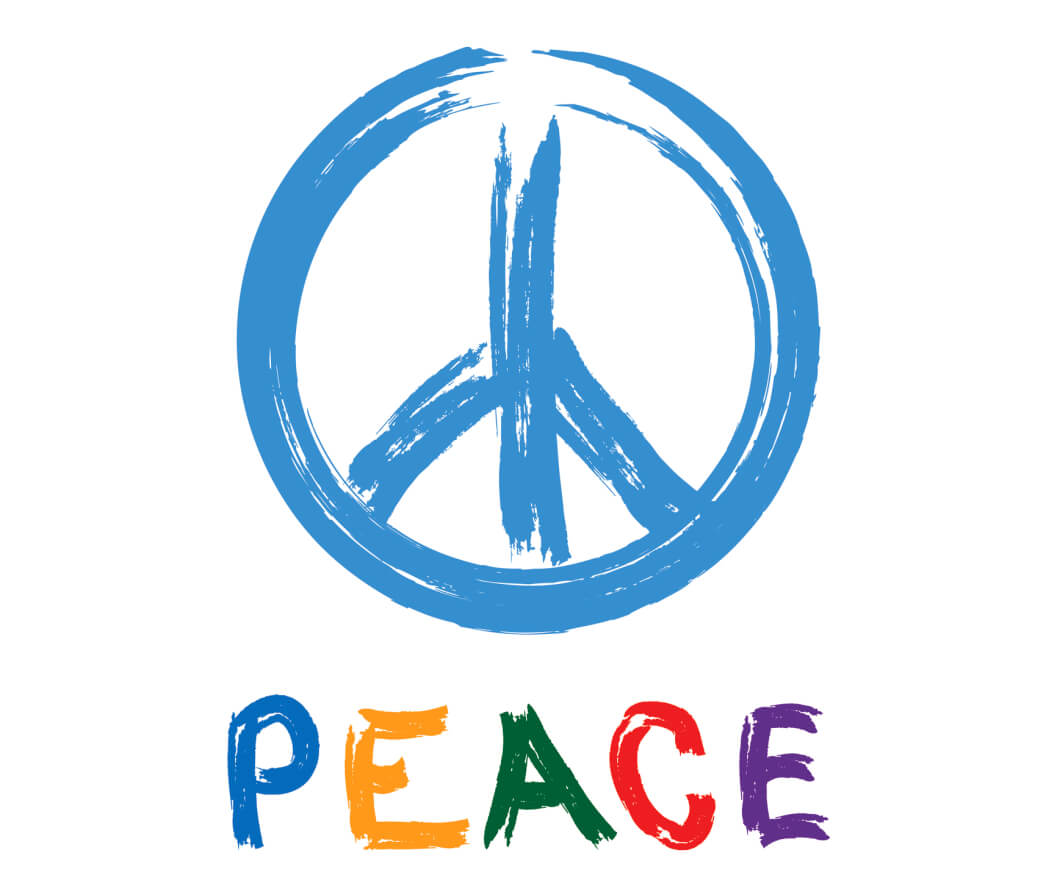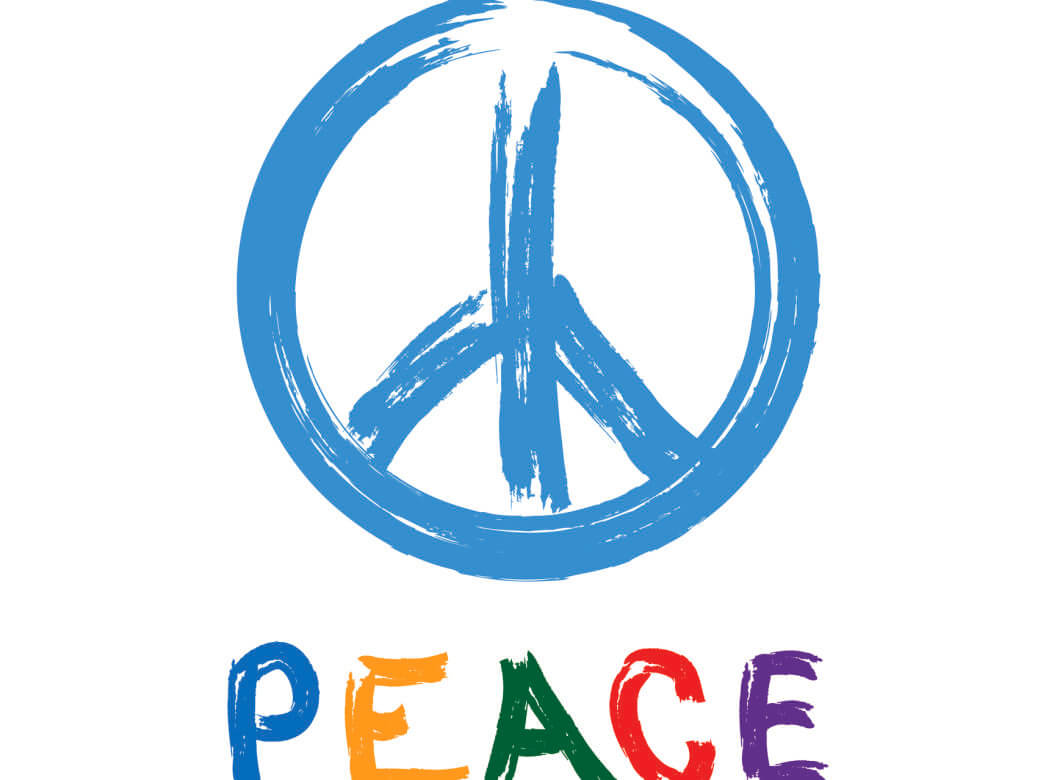Canada Should Join the Push to Create a World Without Nuclear Weapons
By Douglas Roche, Edmonton (Excerpted from the January 25, 2021 edition of The Globe and Mail)
Volume 35 Issue 1, 2 & 3 | Posted: April 4, 2021

The new treaty prohibiting the possession of nuclear weapons entered into force the same week that U.S. President Joe Biden was inaugurated. It was a fascinating juxtaposition, considering the United States has been the chief campaigner against the treaty.
With Mr. Biden now in office, he needs to recognize that the country he leads is the biggest obstacle to reaching the promised land of a world free of nuclear weapons, which he himself has aspired to. The U.S. campaigned vigorously against the new Treaty on the Prohibition of Nuclear Weapons, which outlaws, for those who join it, the possession of nuclear weapons.
The treaty, backed by 122 states – but not Canada – was hailed by UN Secretary-General Antonio Guterres as “historic,” and he says it “will form an important component of the nuclear disarmament and non-proliferation regime.” However, NATO, still claiming that nuclear weapons are the “supreme guarantee” of security, persists in denigrating the treaty, and thus no NATO country has yet joined it.
Canada is on the horns of a dilemma. It puts its hopes in the 50-year-old Non-Proliferation Treaty (NPT), which is supposed to lead to the elimination of nuclear weapons; and it also stays loyal to NATO, which insists on maintaining nuclear weapons indefinitely. The NPT and NATO are in direct contradiction with each other.
What should Canada do?
The first step is to acknowledge the reason for the new Prohibition Treaty. When the NPT entered into force in 1970, it constituted an essential bargain: non-nuclear-weapons states would forsake any attempt to acquire nuclear weapons in return for the nuclear-weapons possessors to negotiate their elimination. There have never been such negotiations. Instead, the U.S. and Russia, which together possess 92 per cent of the 13,865 nuclear weapons in the world, are modernizing their arsenals. In 2020, the UN’s top official on disarmament affairs, Izumi Nakamitsu, said that the risk of use of nuclear weapons deliberately, by accident or through miscalculation “is higher than it has been in decades.”
This dire situation led to the development of a humanitarian movement against nuclear weapons to push back against the powerful states. Led by such progressive countries as Mexico, Ireland and Austria, and by a loose civil-society coalition centred on the International Campaign to Abolish Nuclear Weapons (ICAN), the movement succeeded in the UN adopting, in 2017, the new Prohibition Treaty. For the first time, nuclear weapons have been unconditionally stigmatized as standing outside international humanitarian law.
Canada did take a first step toward adopting the treaty when it acknowledged “the widespread frustration” over the thwarting of the NPT. But it’s hesitant to go any further, even though two former Canadian prime ministers (Jean Chrétien and the late John Turner), three former Canadian foreign ministers (Lloyd Axworthy, Bill Graham, John Manley) and two former Canadian defence ministers (Jean-Jacques Blais, John McCallum) all joined an open letter by 56 former high-ranking officials of NATO countries advocating for the new treaty.
The next step for Canada should clearly be to support the Prohibition Treaty in principle and open a dialogue with NATO to align the organization’s policies with the treaty. The groundwork for such a move has already been laid by the House of Commons defence committee.
World opinion is split between those who believe nuclear deterrence is necessary to preserve peace and those who hold that nuclear weapons, with their cataclysmic destructive power, are the greatest threat to peace. The majority of countries have shown they want to build a global security architecture without nuclear weapons. Canada should join this new march towards a nuclear weapons-free world.
Mr. Biden said during the campaign, “I will work to bring us closer to a world without nuclear weapons.” That is certainly a step up from his predecessor, who yanked the U.S. out of nuclear treaties. Even if the Biden administration merely stops opposing the new treaty, that will give Canada some breathing room.
The new Canadian foreign minister, Marc Garneau, who, while in opposition, said he was in favour of comprehensive negotiations to eliminate nuclear weapons, will soon be tested.
By Douglas Roche, Edmonton (Excerpted from the January 25, 2021 edition of The Globe and Mail)

